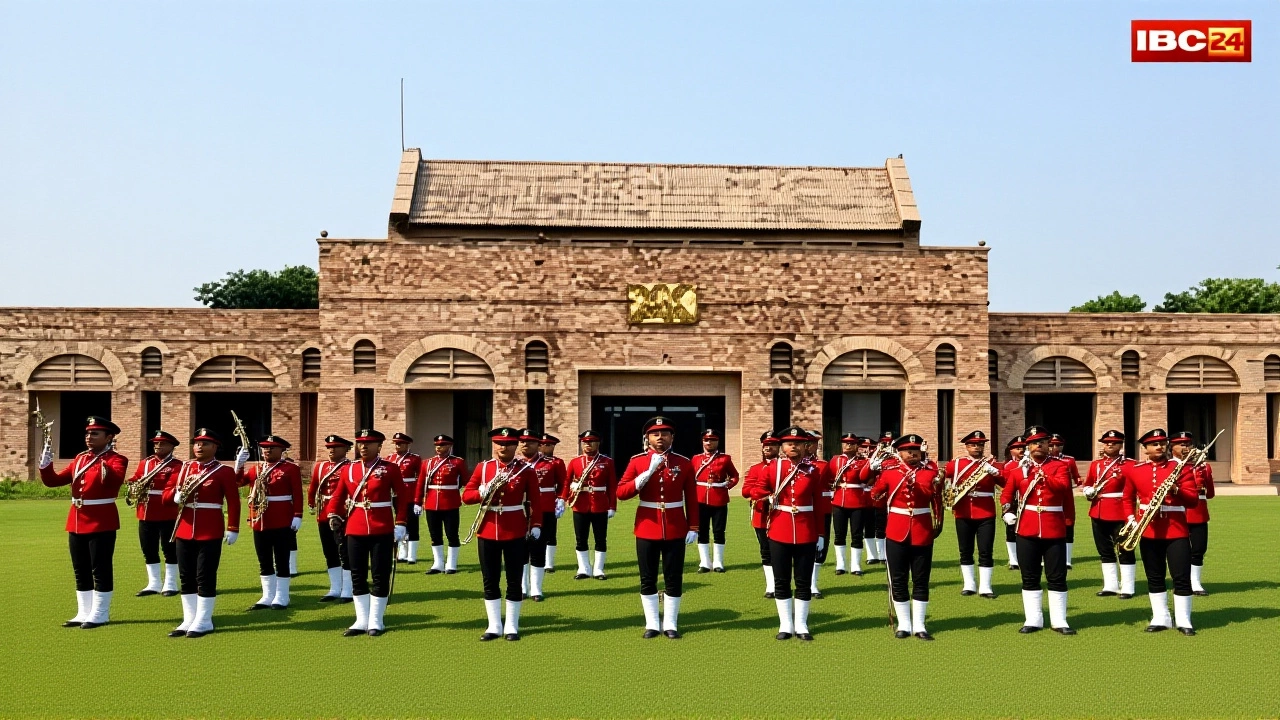Ambedkar – The Father of Modern India
When talking about Ambedkar, the Indian jurist, economist, and social reformer who drafted the nation’s Constitution. Also known as Dr. B. R. Ambedkar, this figure stands at the crossroads of law, politics, and human rights. His work laid the legal foundation for a democratic India and sparked movements that still shape public debate today. Ambedkar is more than a historic name; he is a living reference point for anyone studying social justice in India.
One of the key pillars linked to Ambedkar is the Constitution of India, the supreme legal document that guarantees fundamental rights and outlines the structure of government. Drafted under Ambedkar’s chairmanship, the Constitution enshrines equality, liberty, and fraternity. Its articles on non-discrimination and reservation policies directly reflect Ambedkar’s vision for an inclusive society. Understanding the Constitution helps readers see how his legal philosophy translates into everyday rights for citizens.
Another closely related concept is Dalit rights, the struggle for social, economic, and political empowerment of historically marginalized communities. Ambedkar, born into a Dalit family, dedicated his life to eradicating caste oppression. He established educational institutions, authored critical texts, and advocated for affirmative action. The ongoing fight for Dalit representation in politics and education traces its roots back to his relentless advocacy.
Why Ambedkar Still Matters
Ambedkar’s legacy extends into contemporary discussions about equality, education, and governance. For example, his emphasis on universal adult franchise paved the way for the world’s largest democracy to give every adult a vote, regardless of caste or gender. The principle that “social justice is indispensable for political democracy” continues to influence modern policy debates, from reservation quotas to economic reforms. Readers interested in how historic ideas shape current events will find his contributions especially relevant.
Beyond politics, Ambedkar’s economic theories—like his criticism of unregulated capitalism and his support for state-led development—still echo in today’s fiscal policies. He argued that sustainable growth must be paired with social welfare, a notion that resonates with modern planners tackling inequality. By linking his economic thoughts to current development goals, we can see a clearer picture of why his ideas remain a benchmark for policy makers.
The collection of posts below touches on varied topics—from test drives of luxury cars to the role of vehicles in film production. While they may seem unrelated at first glance, each article reflects a facet of modern Indian life that Ambedkar’s reforms aimed to improve: mobility, safety, and access to technology. Whether you’re reading about a Porsche test drive, a movie set car, or the price hike of a popular SUV, you’re witnessing the practical outcomes of a society shaped by the constitutional guarantees Ambedkar helped create.
Looking ahead, the posts curated here will give you practical insights into automotive trends, filming logistics, and consumer decisions—all areas that thrive under the legal and social frameworks Ambedkar championed. Dive in to see how his vision continues to influence everyday experiences across India.
Posted By Larsen Beaumont On 14 Oct 2025 Comments (0)
Gwalior police deploy 3,000 troops amid Ambedkar statue protest
Gwalior police invoke Section 163, deploying 3,000 troops and 30 checkpoints to curb a planned Ambedkar statue protest on Oct 15, 2025.
READ MORE